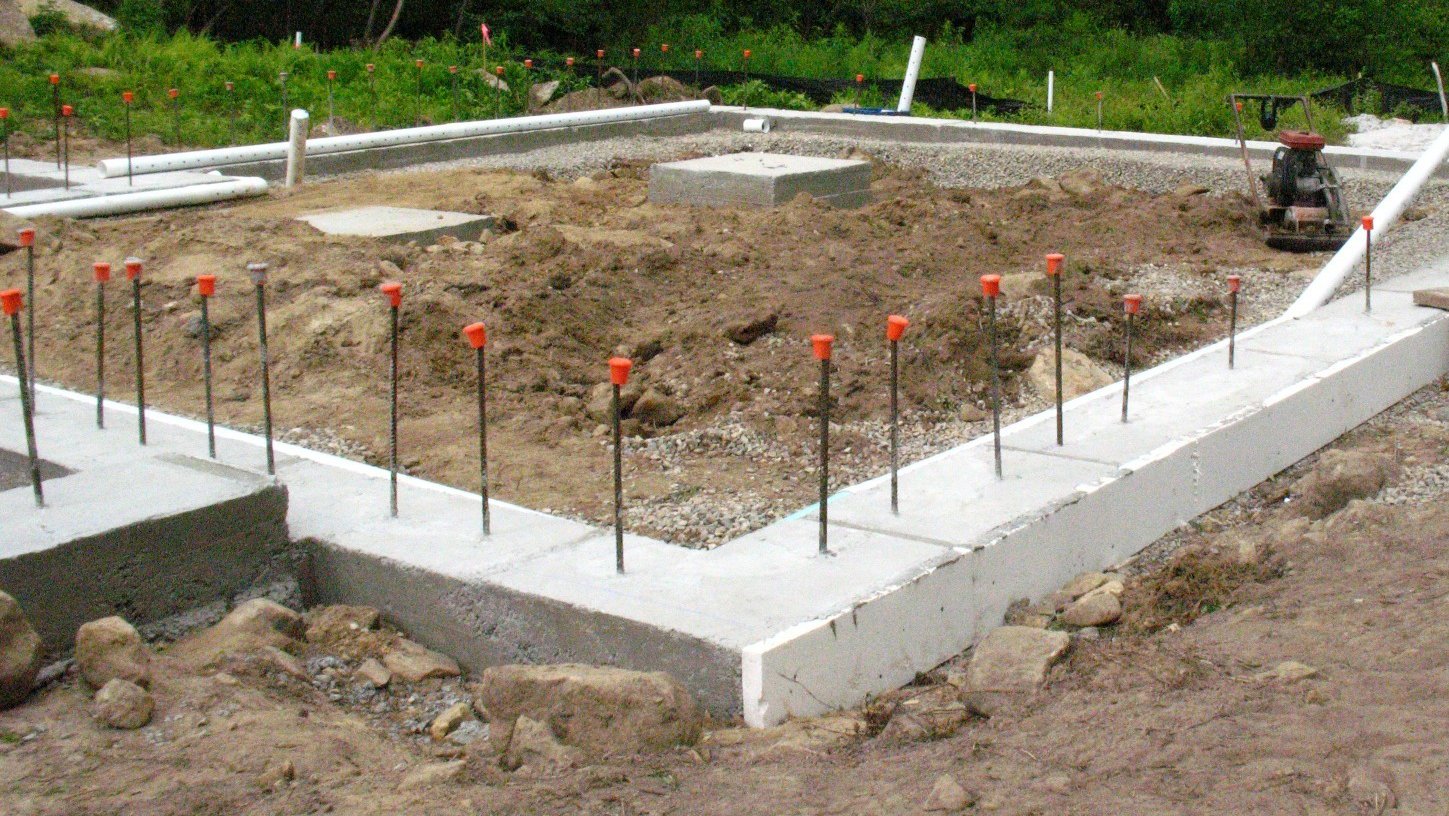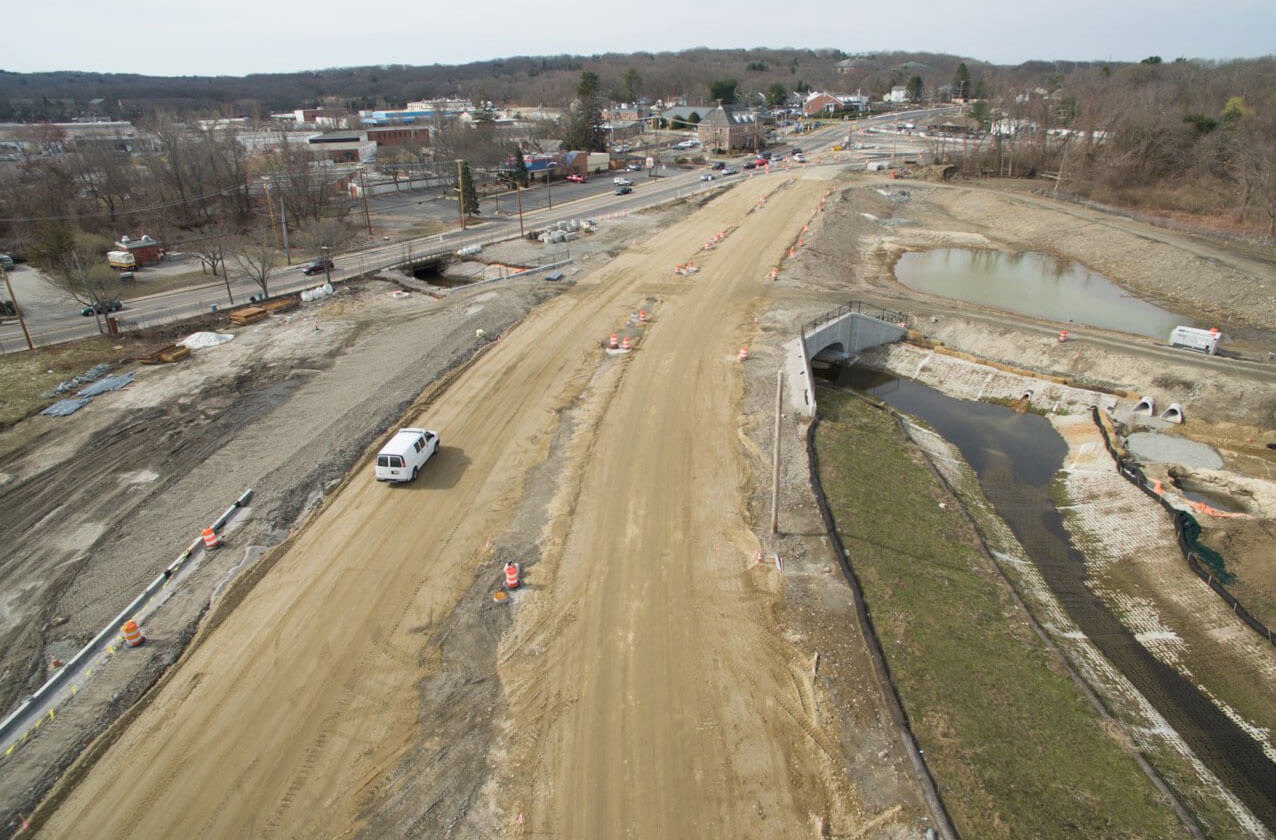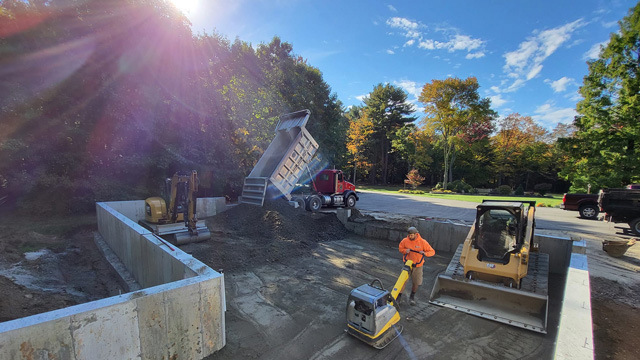The Impact of Site Work on a Construction Project’s Timeline
Site work is the often-underestimated phase of a construction project that lays the groundwork for everything that follows. It encompasses various tasks such as excavation, grading, utility installation, and land preparation. While these activities may not always be the most visually striking aspects of a construction project, their significance cannot be overstated. In this blog, we will delve into the substantial impact that site work has on a construction project's timeline.
Foundation of the Project. Site work serves as the foundation of any construction endeavor. Proper excavation and grading are essential for creating a level and stable surface upon which the building or structure will stand. Any errors or delays in these early stages can have far-reaching consequences, setting the project off course from the start.
Preparation for Utilities. Utility installation is another critical aspect of site work. Water, sewer, electricity, and gas lines must be laid out correctly and safely. Any issues or delays in this phase can disrupt subsequent construction work, potentially leading to costly adjustments and extensions of the project timeline.
Drainage and Erosion Control. Site work includes addressing drainage and erosion control. Proper grading and the installation of drainage systems are essential to prevent water-related issues, such as flooding or erosion, which can significantly delay construction and incur additional costs for remediation.
Safety Measures and Compliance. Adhering to safety protocols and complying with local building codes and regulations are paramount in site work. Any violations or unsafe practices can lead to stop-work orders, fines, or even legal action. Ensuring that all site work is conducted safely and within the bounds of the law is crucial to maintaining the project's timeline.
Unforeseen Challenges. Site work can uncover unexpected challenges like buried debris, contaminated soil, or geological issues. Dealing with these surprises requires time and resources. Proper planning and a contingency budget can help mitigate the impact of unforeseen challenges on the project's timeline.
Communication and Coordination. Effective communication and coordination among various stakeholders, including architects, engineers, contractors, and site work specialists, are essential to keeping the project on schedule. Delays or miscommunication in the site work phase can have a cascading effect on the entire project timeline.
Weather Considerations. Site work is often weather-dependent. Rain, snow, extreme heat, or cold can all impact the ability to carry out tasks efficiently and safely. Planning for weather-related delays and having backup strategies in place can help minimize their impact on the project timeline.
Site work is the invisible but indispensable phase of a construction project. Its successful execution lays the foundation for a project's success, impacting everything from safety and compliance to budget and timeline. Recognizing the significance of site work and investing in proper planning, coordination, and expertise is essential for keeping a construction project on track and ensuring that it meets its deadlines. By giving site work the attention it deserves, project managers and stakeholders can set the stage for a smooth and successful construction journey.



